Brussels’ Future Classroom Lab:
International 21st century classroom model
DOI:
https://doi.org/10.35305/23626097v7i13.271Keywords:
school architecture, innovative educational spaces, neoliberalism, supranational organizations, new pedagogiesAbstract
The neoliberal influence on both the educational scope and the corresponding school physical space needs a deeper scrutiny of the architectural field. By means of the case study method, an analysis of Brussels’ Future Classroom Lab is carried out. This is a learning space which is considered to be a model of the educational demands of the 21st century. It has already given rise to the construction of around 200 similar laboratories worldwide. The article aims to discuss the international diffusion of an educational space based on a teaching model of neoliberal influence. It is organized in learning zones grounded on the logic of the skills required by the contemporary labour market. Furthermore, it is approached from the perspective of the growing role of supranational organizations that shift the arena of interests and decisions related to public education and the physical space which have previously been under the responsibility of the State. The partial outcomes of this experience demonstrate the validation of the transformations dealing with teaching and learning processes without the proper criticism of the architectural field. Through its dissemination and replication as an innovative classroom model for contemporary times, a fundamental issue is neutralized: the discussion of the pedagogical transformations that this project implies for school architecture design.
Downloads
Metrics
References
Attewell, J. (2019). Building Learning Labs and Innovative Learning Spaces: Practical guidelines for school leaders and teachers. Bruselas, Bélgica: European Commission. Recuperado de https://fcl.eun.org/documents/10180/4589040/FCL_guidelines_2019_DEF.pdf.
Azaïs, C. (2012). As zonas cinzentas no assalariamento: proposta de leitura do emprego e trabalho. En C. Azaïs, G. Kessler, V.S. Telles (Orgs). Ilegalismos, cidade e política. Belo Horizonte, Brasil: Fino Traço Editora.
Bannister, D. (2017). Guidelines on Exploring and Adapting Learning Spaces in Schools. Bruselas, Bélgica: European Commission. Recuperado de http://files.eun.org/fcl/Learning_spaces_guidelines_Final.pdf.
Bürger, P. (2012). Teoria da Vanguarda. (J.P. Antunes, Trad.). São Paulo, Brasil: Cosac Naify. (Trabajo original publicado en 1974).
Charlot, B. (2009). Convergence internationale et diversification interne des modèles scolaires. Revue Internationale d’éducation de Sèvres, 52, 129-137. Recuperado de http://journals.openedition.org/ries/785. DOI: 10.4000/ries.785.
Crawford, M (2004). El mundo en un centro comercial. En M. Sorkin (Ed.), Variaciones sobre un parque temático: La nueva ciudad americana y el fin del espacio público (pp. 16-46). Barcelona, España: Editorial Gustavo Gili.
European Commission (2019). 2nd Survey of Schools: ICT in Education Objective 2: Model for a ‘highly equipped and connected classroom’. Final Report. Luxembourg: Publications Office of the European Union. Recuperado de https://ec.europa.eu/digital-single-market/en/news/2nd-survey-schools-ict-education.
European Schoolnet (s.f). Future Classroom Lab - Courses and More. Recuperado de http://www.eun.org/professional-development/future-classroom-lab.
European Schoolnet (2016). Future Classroom Lab learning zones. Recuperado de: https://fcl.eun.org/documents/10180/13526/FCL+learning+zones+Dec+2016/a091a761-7a63-443e-afe0-d1870e430686.
Foucault, M. (2008). Nascimento da Biopolítica: curso dado no Collège de France (1978-1979). (E. Brandão, Trad.). São Paulo, Brasil: Martins Fontes. (Trabajo original publicado en 2004).
Future Classroom Lab (s.f.). FCL partners. Recuperado de https://fcl.eun.org/partners.
Future Classroom Lab (2019). FCL Guidelines for learning labs. Guidelines for creating learning labs 2019. Recuperado de: https://fcl.eun.org/guidelines.
Laval, C., Vergne, F., Clément, P. y Dreux, G. (2012). La nouvelle école capitaliste. Paris, França: La Découverte. [E-book].
Nedel, M. Z. (2020). Educação em disputa: Tessituras comuns entre escolas públicas periféricas da Região Metropolitana de São Paulo e de Île-de-France frente aos avanços neoliberais (Tesis de maestría) Instituto de Arquitetura e Urbanismo, Universidade de São Paulo, São Carlos, SP, Brasil.
Pine II, B. J. y Gilmore, J.H. (1999). The Experience Economy. Boston, USA: Harvard Business School Press.
Recamán, L. (2014). Posfácio. Nem arquitetura nem cidades. En O. Arantes. Urbanismo em fim de linha. São Paulo, Brasil: Editora da Universidade de São Paulo (Trabajo original publicado en 1998).
Tafuri, M. (1985). Projecto e utopia. Lisboa, Portugal: Presença (Trabajo original publicado en 1973).
Wastiau, P., Blamire, R., Kearney, C., Quittre, V., Van de Gaer, E., Monseur, C. (2013). The Use of ICT in Education: A survey of schools in Europe. European Journal of Education, 48, 11-27. doi: 10.2307/23357043. Recuperado de https://www.researchgate.net/publication/260138932_The_Use_of_ICT_in_Education_A_survey_of_schools_in_Europe.
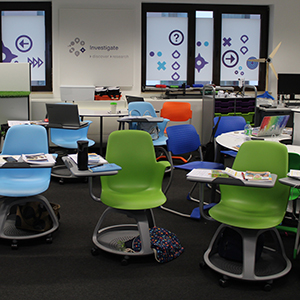
Downloads
Published
How to Cite
Issue
Section
License
Open access policy
A&P Continuidad is a non-profit and open access publication. According to Mexico Declaration on Cultural Policies, the journal distribution is submitted to Creative Commons Attribution-Noncommercial-ShareAlike 4.0 International Public License (CC BY-NC-SA). “Neither the commercial use of the original work nor that of the possible derivative works are allowed. The distribution of derivative works should be submitted to the license regulating the original work. This license is not free.”
A&P Continuidad authorizes the partial or full reproduction of texts and graphs provided that the source is cited. Authors are exclusively responsible for the criteria expressed in the articles which do not necessarily reflect the opinion of the Editorial Committee or that of the Direction Board. The copyright of the published articles pertains to their authors or publishers.
Transfer of rights
The acceptance of an article to be published implies the author’s transfer of rights to the journal. Authors continue to have the right to use the material in future books or publications, approve or veto the republication of their works as well as the rights related to patents or other rights. Transfer of rights form may be downloaded here.



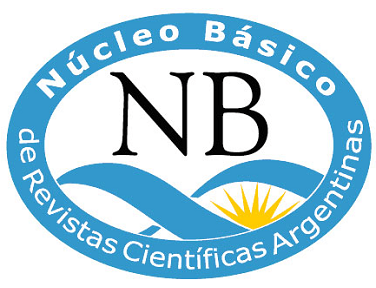


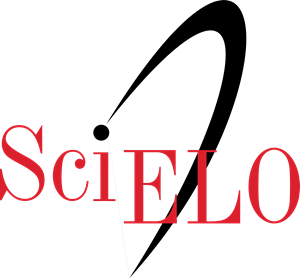



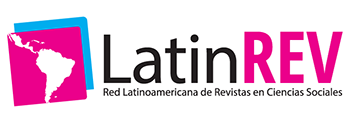

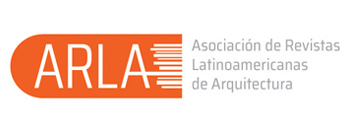
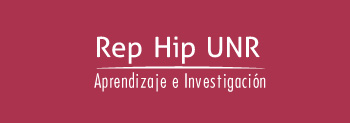


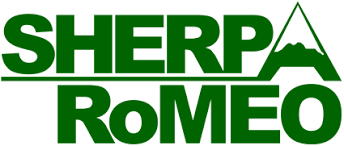
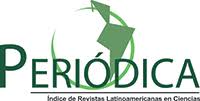








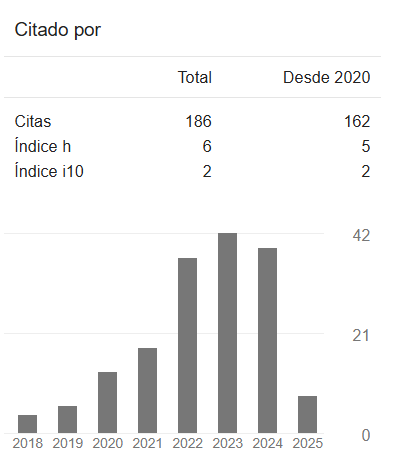


 This OJS site and its metadata are under a
This OJS site and its metadata are under a 

